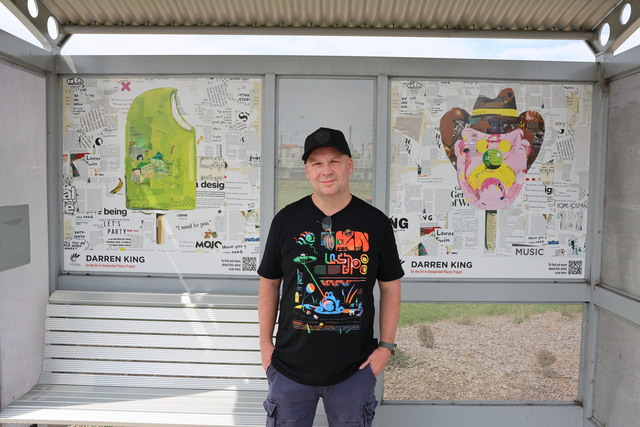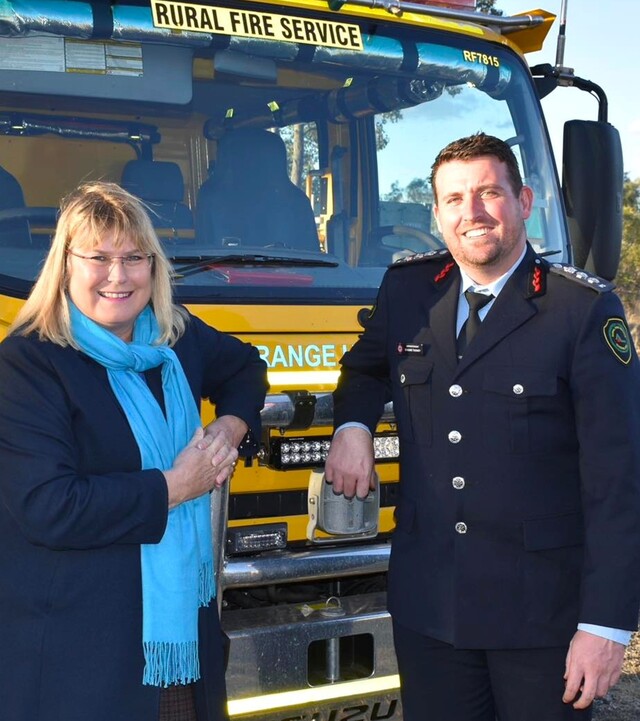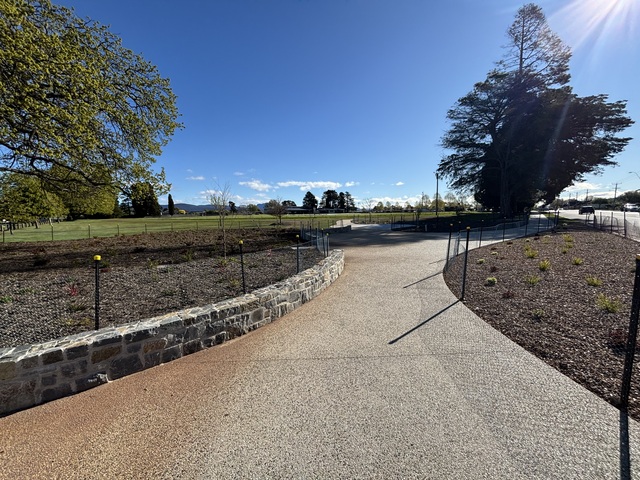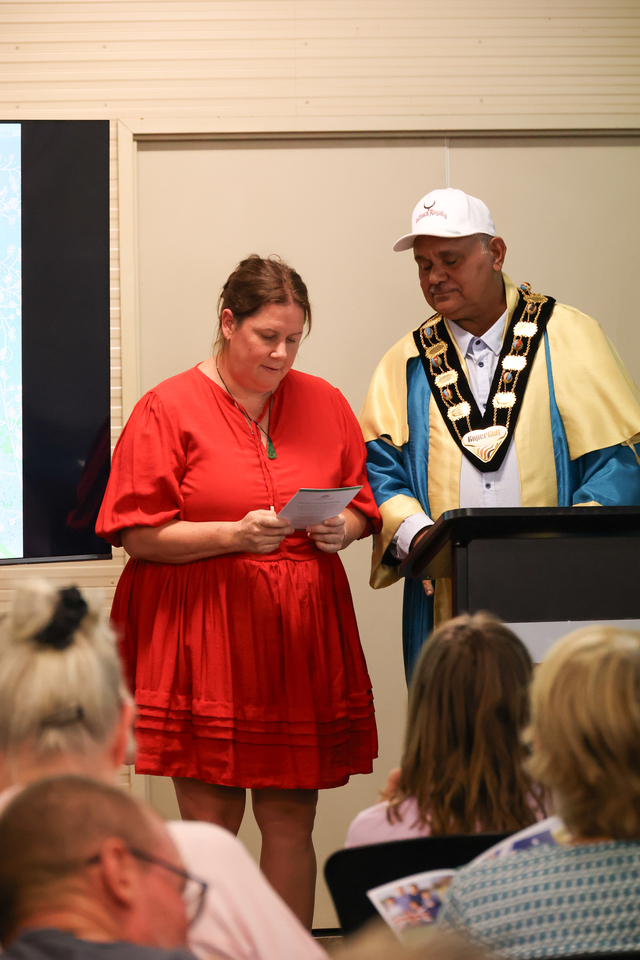An interview with Neill Hocking, Director Infrastructure and Technology, City of Whittlesea, Victoria
According to Neill Hocking, IT is crucial to Local Government not only in terms of doing everyday business, but also for service delivery and councils’ statutory responsibility to provide information to customers and staff.
“Councils have a diverse function, effectively taking care of around 100 small businesses, such as finance, maternal, child and aged services, engineering, planning and development,” he said.
“As such, IT systems need to be quite diverse and we need affordable systems to support these.Affordability and cost effectiveness of good quality systems is a key issue for all councils and while there are quite a number of projects already in existence to share resources, opportunities for this to be done on a larger scale in the future need to be considered.”
With a number of issues such as these facing ICT in Local Government, councils in Victoria have formed the Local Government ICT (LG ICT) network. Neill Hocking is Chair of the Network’s Committee.
He said the group is a great way for councils to form partnerships
and a collaborative approach to crucial issues facing the sector.
“A number of smaller councils have one person working in IT, so by being part of the network, they are effectively gaining access to a whole range of resources, advice and support,” he said.
“Working as a group also gives us a stronger voice to advocate on projects with the State and Federal Governments and provides buying power for key software and equipment.
Neill Hocking said with the amount of information now being stored electronically increasing at an enormous rate compared to what we have in hard copy, all organisations must ensure that their information is stored in a correct and cost effective way.
“Part of this involves having thorough and reliable disaster recovery systems in place, but we also need to have effective electronic document systems,” he said.
Neill Hocking said the prevalence of IT staff recruitment and retention issues, particularly in rural councils, was demonstrated at the recent LG ICT Forum.
“In the past, IT conferences would primarily focus on technology,” he said. “But our most recent forum included a major stream on recruiting IT staff and retaining them. We are placing a stronger focus on the issue so that our existing IT staff are better equipped to address issues in their own councils.
“LG ICT is also working towards making more people aware of the IT opportunities in Local Government and we are considering skills development programs to upskill existing staff. In addition, we are opening up avenues for councils to access other councils’ IT staff to help with particular problems.
“This may involve short term staff transitions to deal with a specific problem, or a regular placement on a longer term basis.”
While Local Government is still looking at ways to monitor and reduce its carbon footprint, Neill Hocking said it is clear that power usage related to ICT systems is a key contributor.
“Server and data centres require an environmentally controlled room with a constantly maintained temperature,” he said. “Some councils are overcoming this and reducing energy consumption by moving to ‘virtual’ environments that don’t run as many servers or require as much equipment.
“We also need to be more mindful of e-waste, both from within council and the community. We must reduce the amount we produce and dispose of through smart buying, recycling and refurbishment and deal with what we must dispose of in a better way.”
Looking towards an already emerging trend, Neill Hocking said social media is a great way that councils can communicate with their communities, particularly about youth services.
“While there are issues about how to use social media sites and HR issues with regard to staff using them at work, a lot of councils are using the technology quite successfully for news blogs, alerts and updates,” he said.
“It could also be used well internally in a similar way to how we use SMS, allowing us to send quick spurts of information between staff.”







